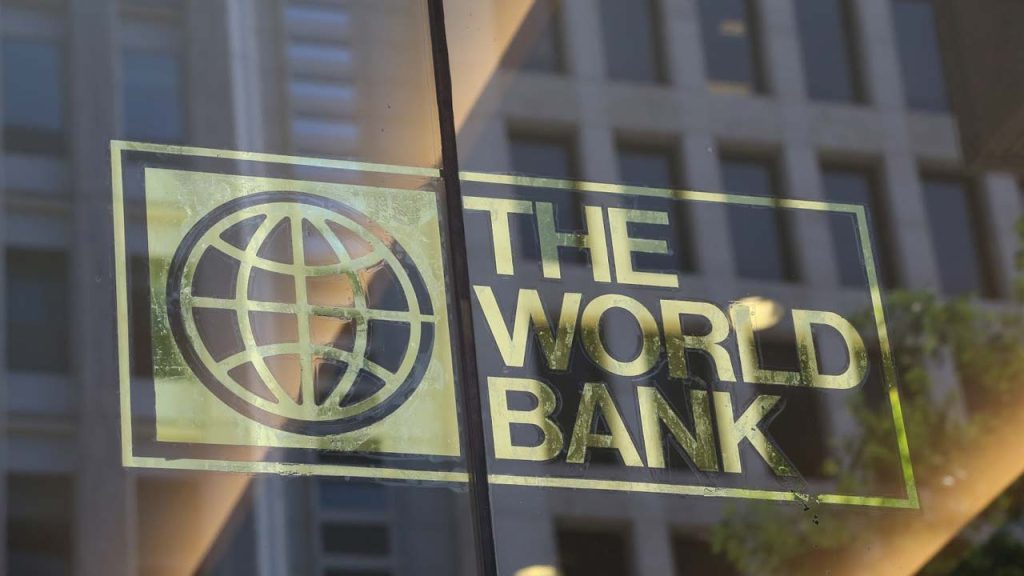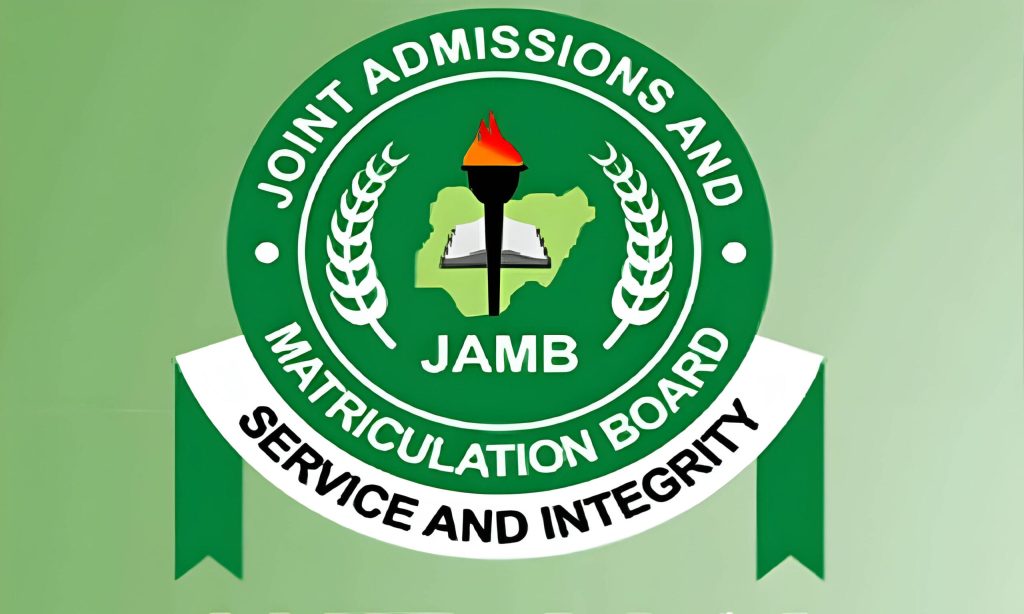The Federal High Court in Lagos has ordered the remand of Rejoice John, also known as Success, at the Kirikiri Correctional Centre. She faces charges related to the trafficking of three young women to Ghana for prostitution. This case underscores the ongoing challenges Nigeria faces in combating human trafficking and highlights the legal mechanisms in place to address such offenses.
Details of the Case
Rejoice John, hailing from Godwin Compound in Oku Uruan, Akwa Ibom State, is accused of orchestrating the travel of three women—identified by aliases Queen (22), Ella (21), and Grace (22)—from Nigeria to Ghana between June and September 2024. The National Agency for the Prohibition of Trafficking in Persons (NAPTIP) alleges that upon arrival in Ghana, these women were coerced into prostitution. Following her deportation from Ghana, John was apprehended and charged with five counts, including deportation, harboring, and organizing foreign travel for prostitution. She has pleaded not guilty to all charges.
Legal Proceedings
During the arraignment, NAPTIP’s prosecution counsel, U.I. Egonu, detailed the allegations against John. The defense counsel, E.O. Ajoku, filed a bail application, arguing that the offenses are bailable. However, the prosecution opposed the application, citing the severity of the crimes and the potential damage to Nigeria’s international reputation. Justice Chukwujekwu Aneke adjourned the case to February 5, 2025, for a ruling on the bail application and ordered John’s remand at the Kirikiri Correctional Centre until then.
Nigeria’s Legal Framework Against Human Trafficking
Nigeria has established comprehensive laws to combat human trafficking. The Trafficking in Persons (Prohibition) Enforcement and Administration Act of 2015 serves as the primary legislation addressing this issue. This Act criminalizes all forms of human trafficking, including recruitment, transportation, transfer, harboring, or receipt of persons through coercion, abduction, fraud, deception, abuse of power, or exploitation. Penalties for offenders are stringent, reflecting the seriousness of the crime.
Role of NAPTIP
Established under the 2003 Act and strengthened by subsequent amendments, NAPTIP is the federal agency responsible for preventing human trafficking, prosecuting offenders, and protecting victims. The agency collaborates with international organizations, law enforcement, and civil society to address the multifaceted challenges of human trafficking. In this case, NAPTIP’s involvement underscores its commitment to enforcing anti-trafficking laws and ensuring justice for victims.
The Broader Context of Human Trafficking in Nigeria
Human trafficking remains a pervasive issue in Nigeria, with numerous cases of individuals, particularly young women, being exploited both domestically and internationally. Traffickers often lure victims with promises of employment or education abroad, only to subject them to forced labor or sexual exploitation upon arrival. The country’s economic challenges, high unemployment rates, and social inequalities contribute to the vulnerability of many individuals, making them susceptible to traffickers’ deceitful tactics.
International Implications
Cases like that of Rejoice John have significant international implications. They not only tarnish Nigeria’s global image but also strain diplomatic relations with countries where Nigerian citizens are trafficked. Moreover, such incidents highlight the transnational nature of human trafficking, necessitating international cooperation in law enforcement, victim support, and policy formulation.
Challenges in Combating Human Trafficking
Despite robust legal frameworks and dedicated agencies like NAPTIP, Nigeria faces several challenges in its fight against human trafficking:
- Enforcement Issues: Limited resources, inadequate training, and corruption can hinder effective law enforcement efforts.
- Victim Protection: Providing comprehensive support to victims, including rehabilitation and reintegration, remains a significant challenge.
- Public Awareness: There is a need for increased public awareness campaigns to educate potential victims about the dangers of trafficking and the tactics used by traffickers.
- International Collaboration: Strengthening partnerships with other countries and international organizations is crucial for tracking, apprehending, and prosecuting traffickers operating across borders.
Conclusion
The remand of Rejoice John underscores the Nigerian judiciary’s commitment to addressing human trafficking. While the legal proceedings continue, this case serves as a stark reminder of the ongoing battle against human trafficking in Nigeria. It highlights the importance of robust legal frameworks, effective enforcement, and international collaboration in combating this heinous crime.













